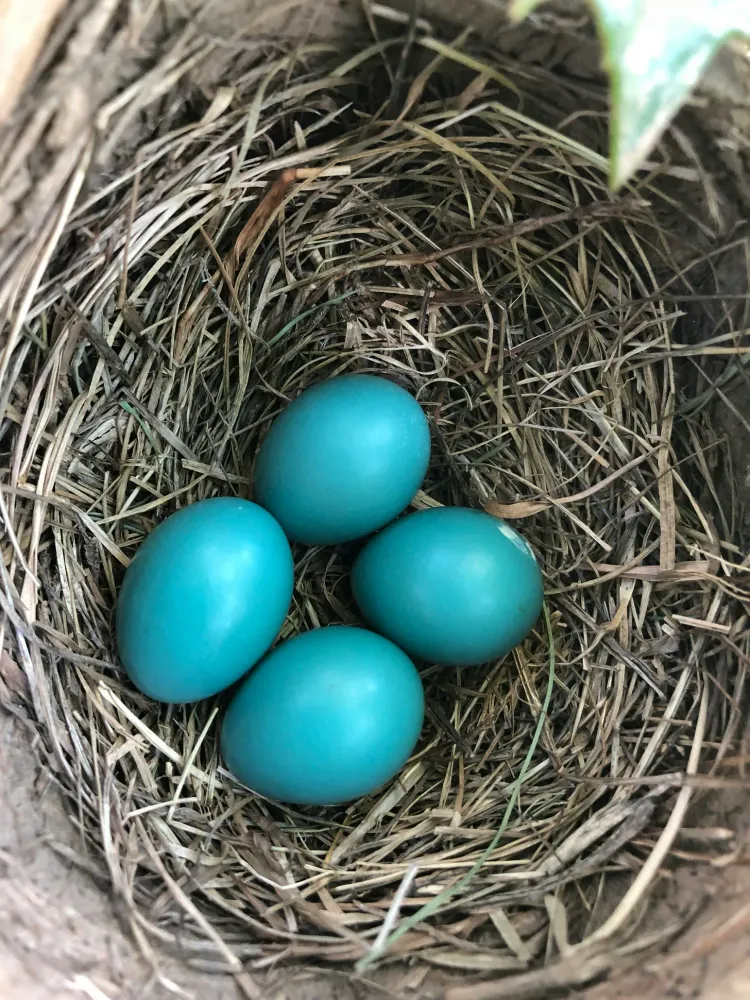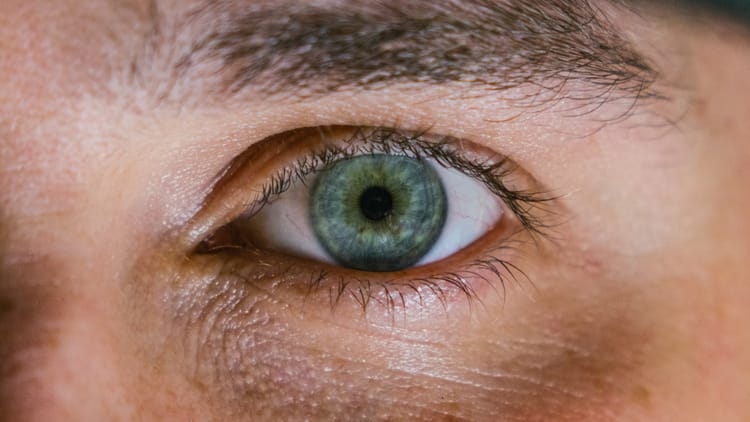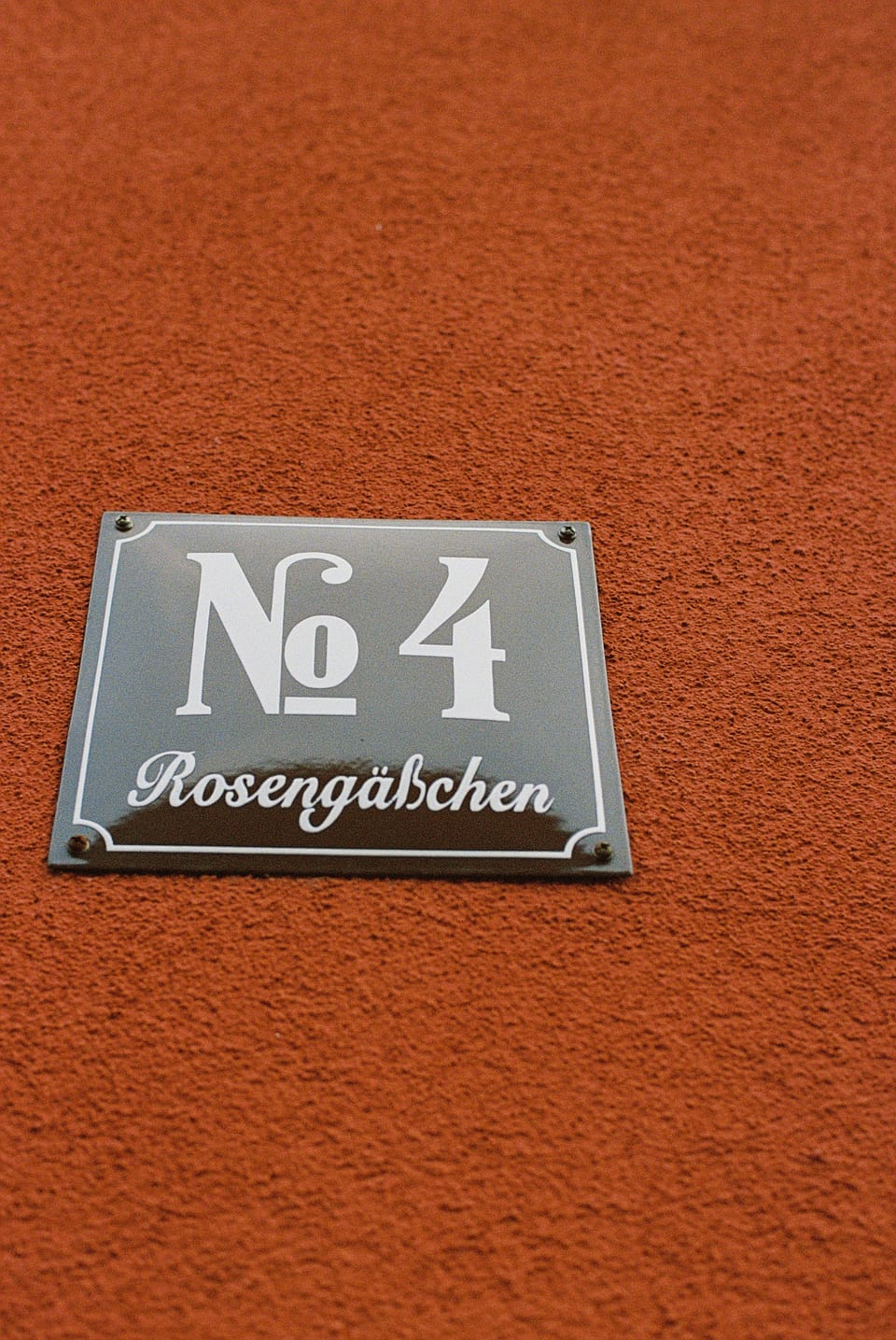
Four Things To Read
Shifting The Imbalance, by Evie Schockley: In 2011, Penguin published Rita Dove’s The Penguin Anthology of Twentieth-Century American Poetry. Helen Vendler and Marjorie Perloff, two of our most important literary critics, each panned the volume for different reasons. Schockley argues “that the commonalities and points of overlap between Perloff’s and Vendler’s takes on the anthology reveal the troubling role of race in U.S. literary culture at this moment.” The essay is well-worth reading for Schockley’s overall argument, but I also appreciated it when I first read it because of the way Schockley positions the anthology as being for “the writer seeking to hone her craft or locate her work within a tradition” and for whom the poets with the most to teach her “are not always the poets whose work most usefully exemplifies a literary-historical watershed or most elegantly illustrates important socio-cultural developments.” Schockley goes on to suggest that Dove’s anthology is especially useful for “MFA’s (or practicing poets, more broadly) [because they] have a less skeptical relationship to contemporary poetry; a dismissive time-will-tell approach is impractical for critics of poetry who seek (for themselves and their students) an understanding of the field in which their own creative work will presently circulate.”
Poetry After October 7th - Tablet Magazine & The Silencing of The Jewish Poet, both by Maxim D. Shrayer: Something I have noticed in the reading and talking I’ve been doing about Israel and Palestine since October 7 is a tendency among Jews who support Israel’s war in Gaza to experience political disagreement as antisemitic, which is not necessarily the case. I find a lot of that kind of conflation in both these pieces. Nonetheless, as a Jewish poet, and precisely because I disagree with much of what Shrayer has to say, I think it’s important to wrestle with his central thesis, which is that there is “a nationwide literary campaign of vilification and ostracism in which Jewish artists and intellectuals [in particular] are intimidated into publicly choosing sides, for or against Israel, or harassed into dwelling in silence.” I have added “in particular” because, while that qualification remains implicit in Shrayer’s essay, it is at the heart of what makes the phenomenon he identifies—and I’ve read too many credible accounts to doubt that it exists—problematic at best, and antisemitic at worst. For me, what has been important in thinking about this issue had been figuring out how most meaningfully to tease this point of agreement away from my points of disagreement with arguments like Shrayer’s.
Tayi Tibble, Maori Poet and ‘It Girl’, Trusts the Wisdom of Her Ancestors, by Natasha Frost: “On its surface, ‘Rangikura’ is a coming-of-age narrative by a young Māori woman from an urban New Zealand environment, wrestling with the personal, the postcolonial and the political. Tibble wrote most of it during lockdown, thinking about climate change and how ‘the desecration of the planet,’ she said, relates to the disenfranchisement and dislocation of Indigenous women worldwide.” This profile of Indigenous New Zealander poet Tayi Tibble is worth reading. It’s important to be aware of poetry written in other Englishes.
A Poem That’s Like a Perfect First Date, by A. O. Scott: This digital tour through Frank O’Hara’s “Having A Coke With You” is both educational and a lot of fun.
Thanks for reading It All Connects...! Subscribe for free to receive new posts and support my work.
Four Things To See
The Cover of America: A Prophecy, by William Blake (The New York Public Library)
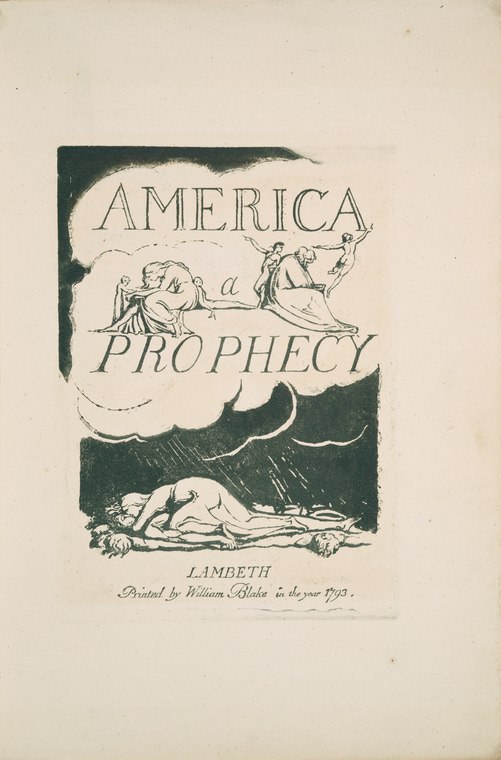
“Unwilling I Look Up to Heaven,” from Europe: A Prophecy, by William Blake (The New York Public Library)
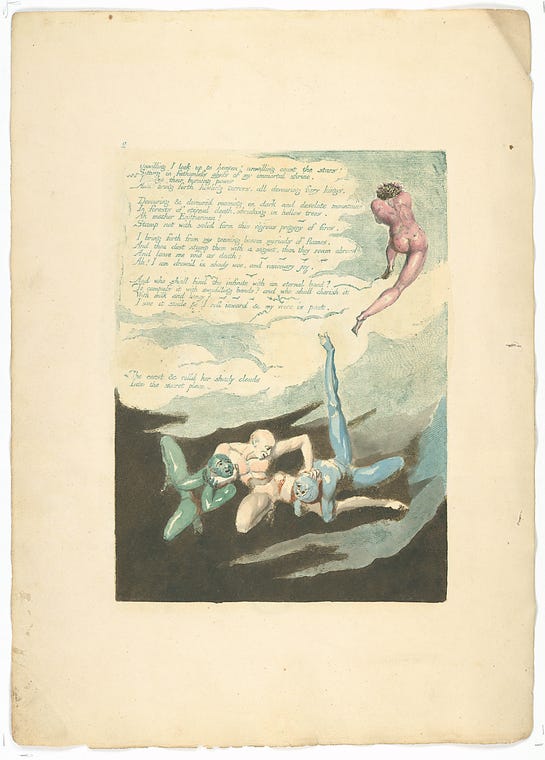
The Goddess of Music And Poetry, the Song Dynasty 960–1279 (The Metropolitan Museum of Art)

Figure of Hitomaru, God of Poetry, 18th century Japan (The Metropolitan Museum of Art)

Four Things To Listen To
The Arts Calling Podcast
I had the pleasure of being interviewed by Jaime Alejandrio shortly after T’shuvah came out. It was a lovely interview. (If you have a hard time with the link to Apple Podcasts, you can listen here).
Commonplace Episode 108 with Saeed Jones
If you’re a poet or someone who loves poetry and cares about the work it does in the world and you don’t know Rachel Zucker’s podcast Commonplace, you should. (Listen here if you don’t have Apple Podcasts.)
Between The Covers: Major Jackson, Razzle Dazzle
If you’re a poet or a writer of any kind, or just care about literature, David Naimon’s Between the Covers is another literary podcast you should know about. (Listen here if you don’t have Apple Podcasts.)
Simon & Garfunkel - Richard Corey
They were so young in 1966, weren’t they? I remember studying the poem by Edward Arlington Robinson in school and being fascinated by the way Paul Simon transformed it into a song. It’s been a long time since I heard the song, so I thought it would be fun to share it here.
Four Things About Me
For National Poetry Month, I’m linking to four online publications:
- A Dream in Three Parts, which is in my new book T’shuvah, was published by Big City Lit.
- What Filled The Room was published in Contrary Magazine. (I offer this poem because April is also National Sexual Assault Awareness Month.)
- After Drought, This Sentence Is A Metaphor For Bridge #20 & Just Beyond Your Reach were published in iamb: poetry seen and heard. (There’s also an audio file of me reading these poems at this site.)
- Five Poems by the Catalan poet Salvador Espriu, translated with Sonia Alland, were published in EuropeNow.
You are receiving this newsletter either because you have expressed interest in my work or because you have signed up for the First Tuesdays mailing list. If you do not wish to receive it, simply click the Unsubscribe button below.
Thanks for reading It All Connects...! Subscribe for free to receive new posts and support my work.
A poet and essayist, I write about gender and sexuality, Jewish identity and culture, writing and translation. My goal? To make connections that matter. I also help other writers do the same.

